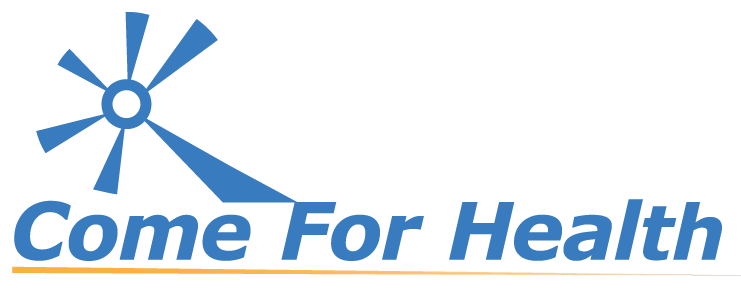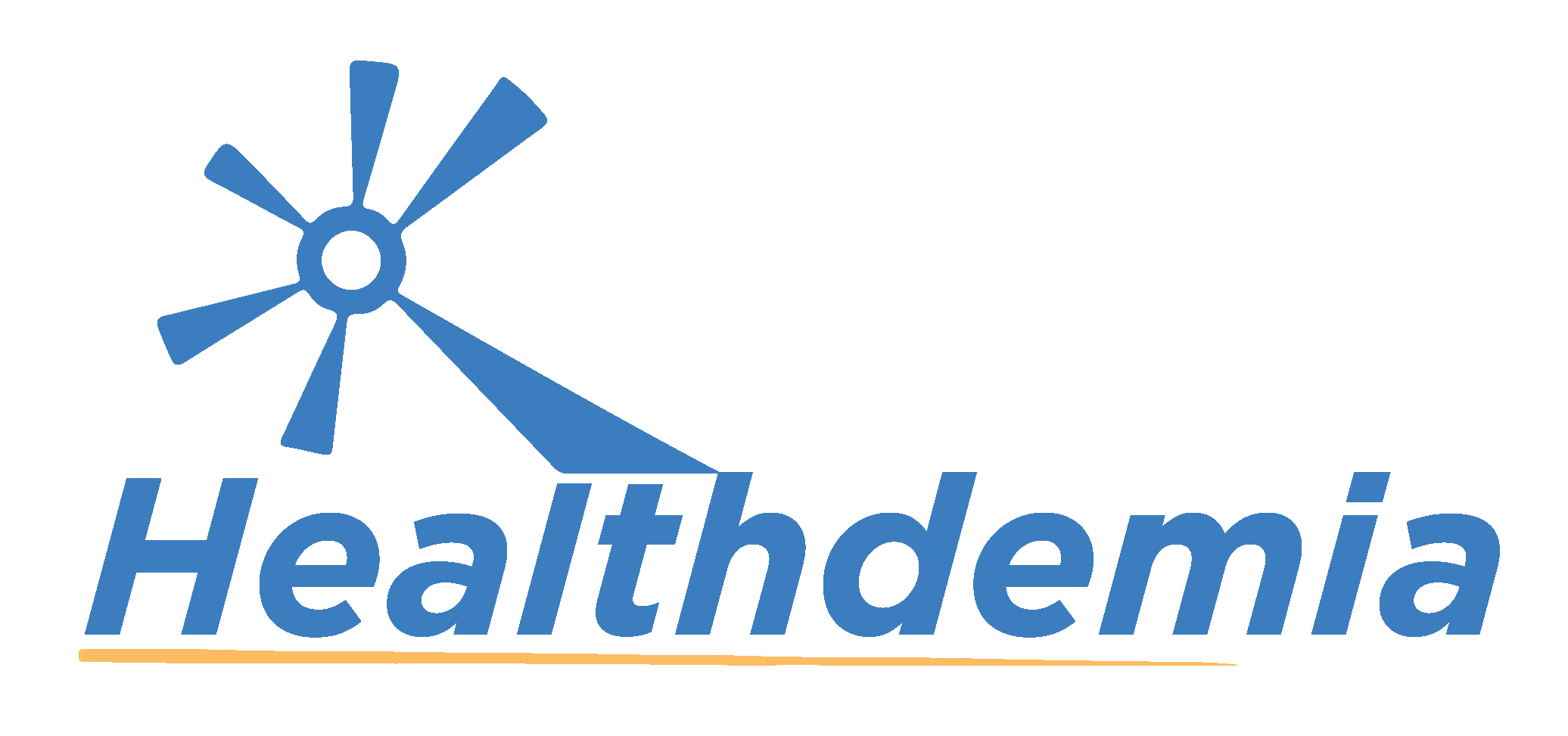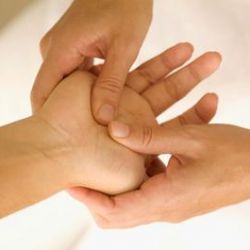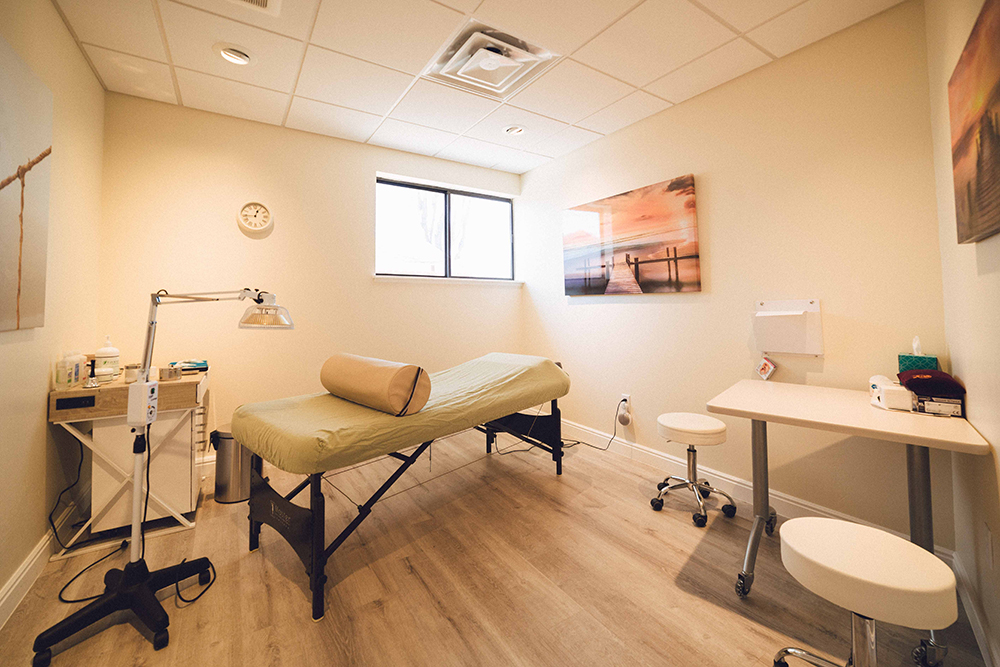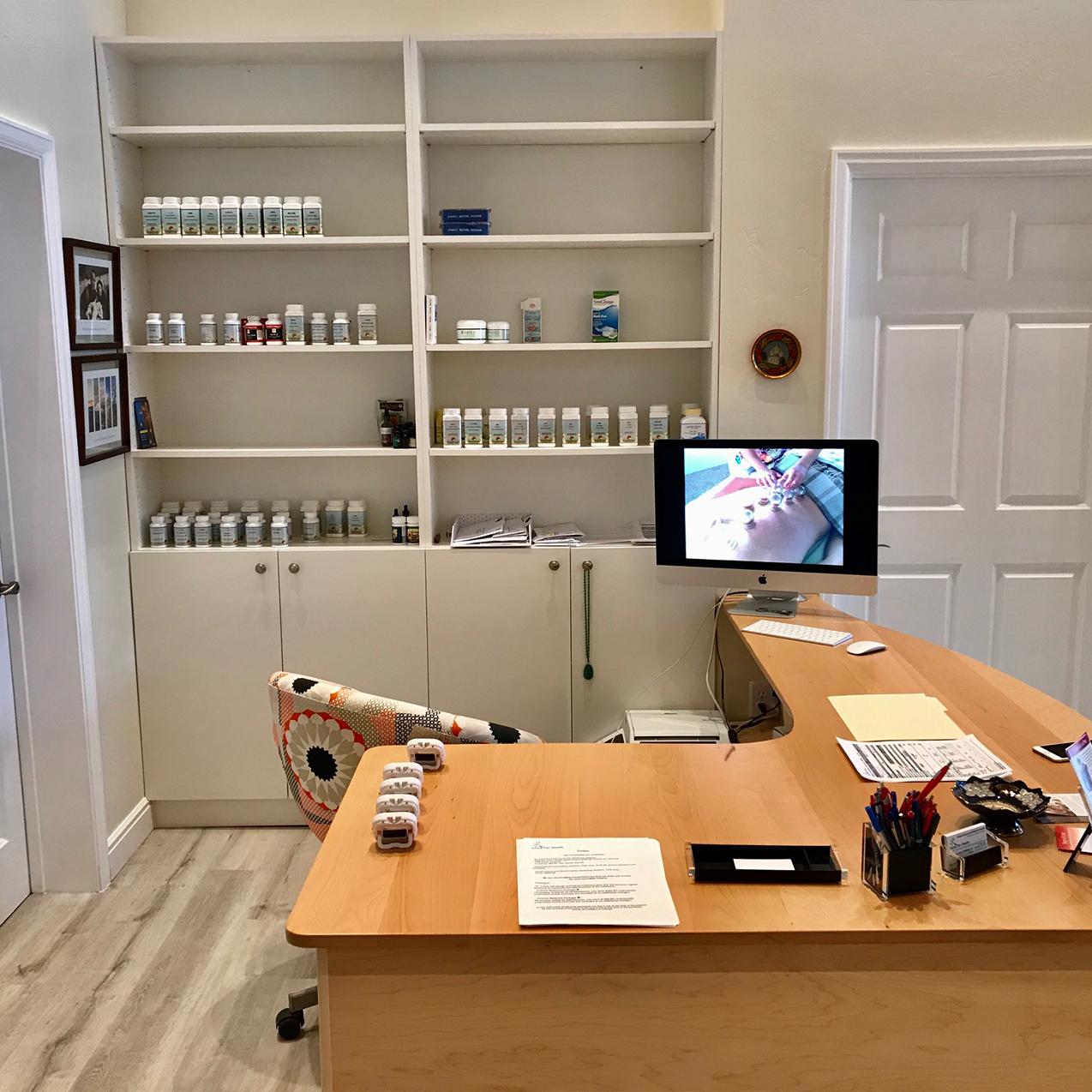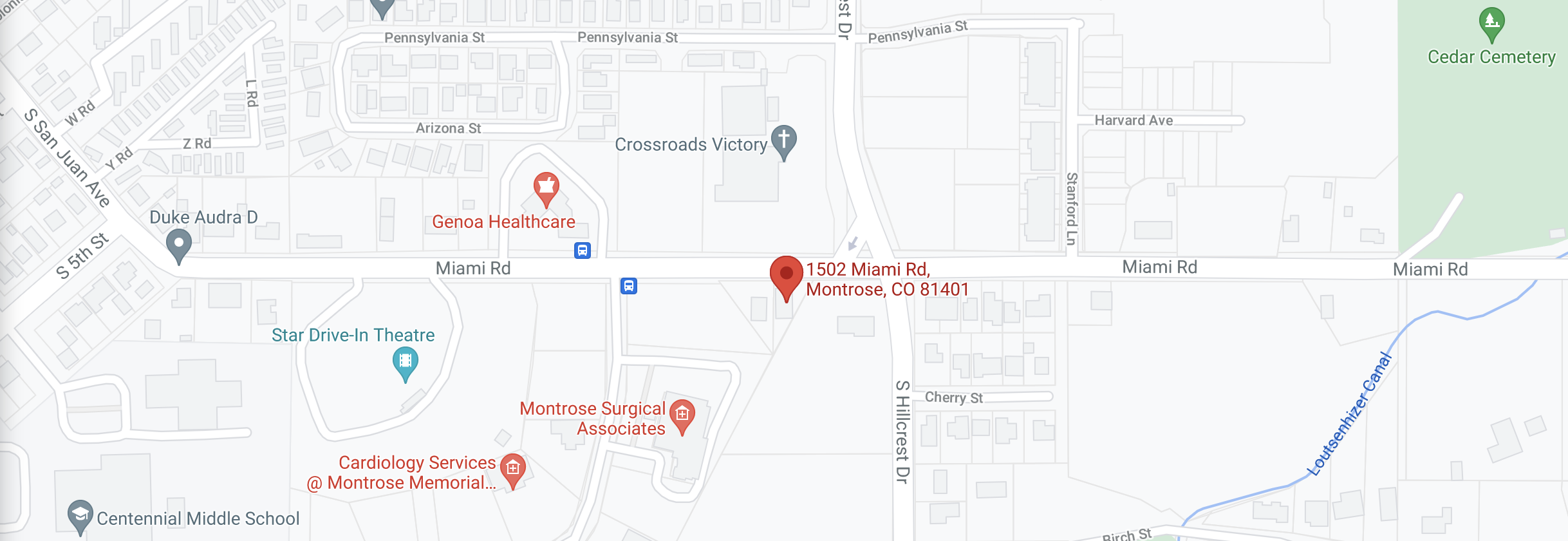
Acupressure
Acupressure is often called acupuncture without the needles. Instead of needles, acupressure involves the application of manual pressure (usually with the fingertips) to specific points on the body.
- Cancer-related fatigue and other forms of fatigue
- Insomnia
- Headache
- Menstrual cramps
- Motion Sickness
- Muscle tension and pain
- Nausea or vomiting after surgery or chemotherapy
- Nausea and vomiting during pregnancy and morning sickness
- Stress management
Our Acupressure Services
What is Acupressure?
Acupressure is often called acupuncture without the needles. Instead of needles, acupressure involves the application of manual pressure (usually with the fingertips) to specific points on the body.
According to the principles of Traditional Chinese Medicine, invisible pathways of energy called meridians flow within the body. At least 14 meridians are thought to connect our organs with other parts of the body. Acupuncture and acupressure points lie along those meridians.
If the flow of energy (also called “chi” or “qi”) is blocked at any point on a meridian, it’s thought to cause various symptoms and health conditions anywhere along the meridian. That’s why a practitioner may apply pressure to an acupressure point on the foot to relieve a headache.
There’s no consensus on how acupressure might work. Some theorize that the pressure may promote the release of natural pain-relieving chemicals in the body, called endorphins. Another theory is that the pressure may somehow influence the autonomic nervous system.
Uses of Acupressure
Most people try acupressure for the first time to manage symptoms of a condition, such as:
- Cancer-related fatigue and other forms of fatigue
- Insomnia
- Headache
- Menstrual cramps
- Motion Sickness
- Muscle tension and pain
- Nausea or vomiting after surgery or chemotherapy
- Nausea and vomiting during pregnancy and morning sickness
- Stress management
Benefits of Acupressure
Benefits from acupressure are. to treat most pains, or if you are having digestive issues, women’s problems. Some of our clients strictly use acupressure sessions for facial rejuvenation or even emotional issues
A Typical Acupressure Session
Acupressure is often administered by an acupuncturist, with the person receiving the acupressure sitting or lying down on a massage table.
Acupressure can also be self-administered. While it’s best to consult an acupuncturist for proper instruction, acupressure is generally done by using the thumb, finger, or knuckle to apply gentle but firm pressure to a point. You can also use the tip of a pen.
The pressure is often increased for about 30 seconds, held steadily for 30 seconds to two minutes, and then gradually decreased for 30 seconds. It’s typically repeated three to five times.
For example, to find the point “P6″—primarily used to treat nausea and vomiting—turn your arm palm up, Place the thumb at the center of the wrist crease (where the hand meets the wrist), then move it two finger-widths toward the elbow. The point is between two large tendons.
Side Effects and Safety
Acupressure should never be painful. If you experience any pain, tell your therapist immediately. After an acupressure session, some people may feel soreness or bruising at acupressure points. You may also feel temporarily lightheaded.
Pressure should be gentle over fragile or sensitive areas, such as the face.
If you’re pregnant, talk to your care provider before trying acupressure. Acupressure typically isn’t done on the abdomen or at certain points on the leg or low back during pregnancy.
Acupressure shouldn’t be done over open wounds, bruises, varicose veins, or any area that is bruised or swollen.
Talk to your doctor before trying acupressure if you have:
- Osteoporosis
- Recent fracture or injury
- Cancer
- Easy bruising
- A bleeding disorder
- Heart disease
- Uncontrolled blood pressure
- Diabetes
- Prescription anticoagulant or antiplatelet medications, such as Coumadin (warfarin)
Colorado Mandatory Disclosure Statement
What We Need To Know Before Your Appointment
A list of your medicines
Family Medical History
Your Medical History
Dr. Yuliya and Mikhail are extremely gifted and talented and are very sensitive to your needs and concerns. Both are very professional and caring people and they are a blessing to their patients and our area.
I would highly recommend Come For Health clinic, and I will return for more sessions without any hesitation in the future.”
R. Byers
